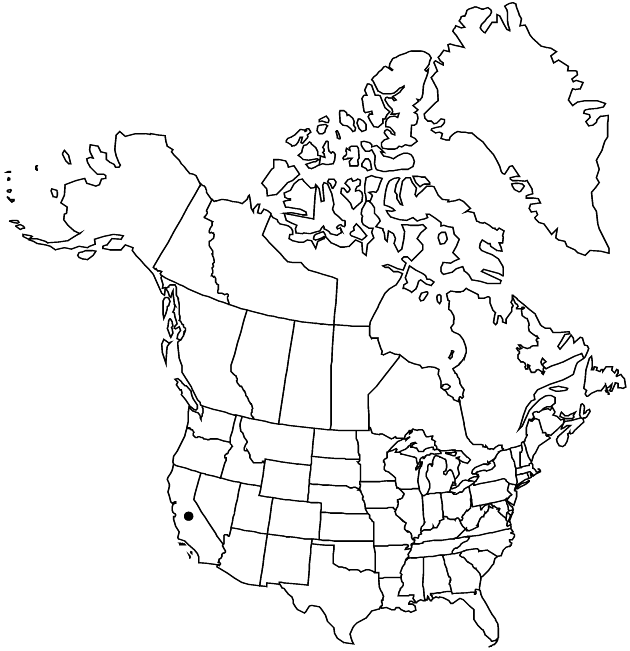Difference between revisions of "Heterotheca oregona var. compacta"
Brittonia 39: 382. 1987.
Basionym: Chrysopsis oregona var. compacta D. D. Keck Aliso 4: 102. 1958
FNA>Volume Importer |
FNA>Volume Importer |
||
| Line 52: | Line 52: | ||
|publication year=1987 | |publication year=1987 | ||
|special status= | |special status= | ||
| − | |source xml=https://jpend@bitbucket.org/aafc-mbb/fna-data-curation.git/src/ | + | |source xml=https://jpend@bitbucket.org/aafc-mbb/fna-data-curation.git/src/f50eec43f223ca0e34566be0b046453a0960e173/coarse_grained_fna_xml/V19-20-21/V20_521.xml |
|tribe=Asteraceae tribe Astereae | |tribe=Asteraceae tribe Astereae | ||
|genus=Heterotheca | |genus=Heterotheca | ||
Revision as of 20:28, 16 December 2019
Stems usually branched proximally, moderately to densely hispid, sparsely stipitate-glandular. Leaves gray-green, mid cauline averaging 19.2 × 4.2 mm (9–29 × 2.6–4.1 mm), faces long-villous, moderately to densely hispid (more than 5 hairs/mm²), not obviously stipitate-glandular. Outer phyllaries lanceolate. 2n = 18.
Phenology: Flowering Jul–Oct.
Habitat: Sandy and rocky soils, dry areas away from streams, openings in oak and conifer woodlands, disturbed roadbanks
Elevation: 200–1000+ m
Discussion
Variety compacta has leaf hairs sufficiently dense to give the plants a gray-green to even whitish appearance; the plants are therefore similar to individuals of Heterotheca echioides, which is radiate. It occurs scattered in the Klamath, Cascade, and Coastal Range mountains of northern California.
Selected References
None.
Lower Taxa
None.
